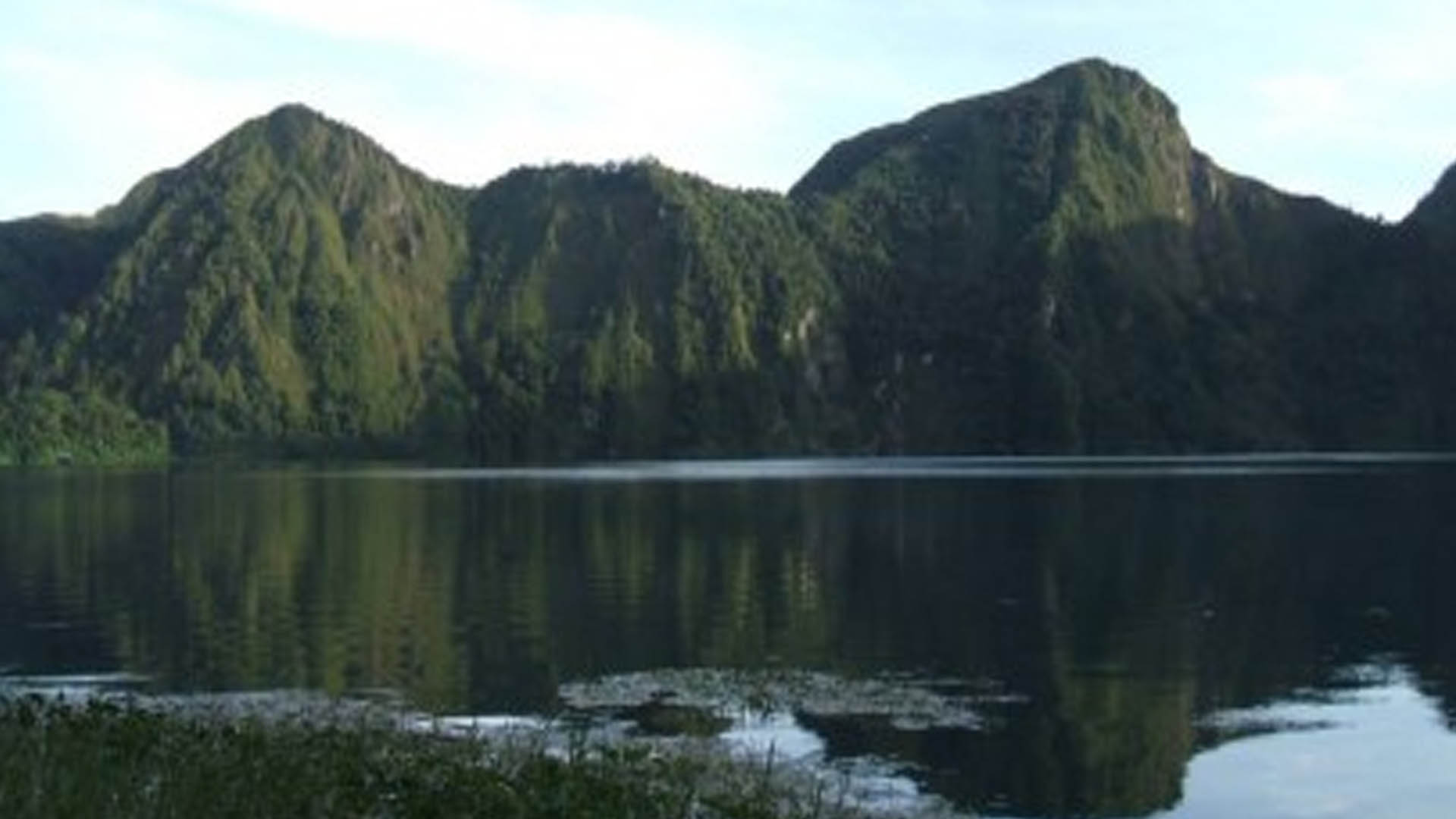South Cotabato province’s “enhanced” tourism initiatives made a significant leap last year as tourist arrivals in the area has finally breached the one million mark.
A report from the Provincial Tourism Unit (PTU) said a total of 1,226,960 domestic and foreign tourists visited tourist destinations and witnessed various festivities in key localities in the province last year.
The figure represents a 23 percent increase when compared to the 941,952 total tourist arrivals in 2018.
Richie Matunding, PTU program assistant, said Tuesday their monitoring showed that the tourist arrivals started to peak in April last year due to the annual summer school break.
Matunding said such trend continued until July during the celebration of the province’s 53rd foundation anniversary and 20th Tnalak Festival.
Domestic tourists comprised the majority of the visitors in the province last year, while foreign tourists only reached around 5,000.
“Around 800,000 were day tourists or visitors who opted to just stay for the day. But there were more foreigners who decided to stay overnight,” he said in a report.
Argie Asaria, PTU tourism officer, said they recorded a significant increase in visitors last year to cultural and ecotourism destinations, most of which are in Lake Sebu and Tboli towns.
Asaria specifically cited the homestays introduced by tourism stakeholders in the two municipalities that depict the rich culture of the Tboli tribe.
Among the top tourist drawers was the traditional Tnalak weaving showcases of the Tbolis in Lake Sebu town, which also hosts seven waterfalls and at least three lakes.
Tboli town has emerged as the province’s top ecotourism destination, with the famed crater-lake Holon (formerly Maughan) as the main attraction.
Asaria said they are working on opening more homestays to market the unique cultural experience in the area, aimed at capturing more “millennial tourists” who want to experience the local culture and traditions.
“Millennials are into experiences. They wanted to immerse themselves. They are more adventurous in terms of cultural experiences,” Asaria said. (PNA)







